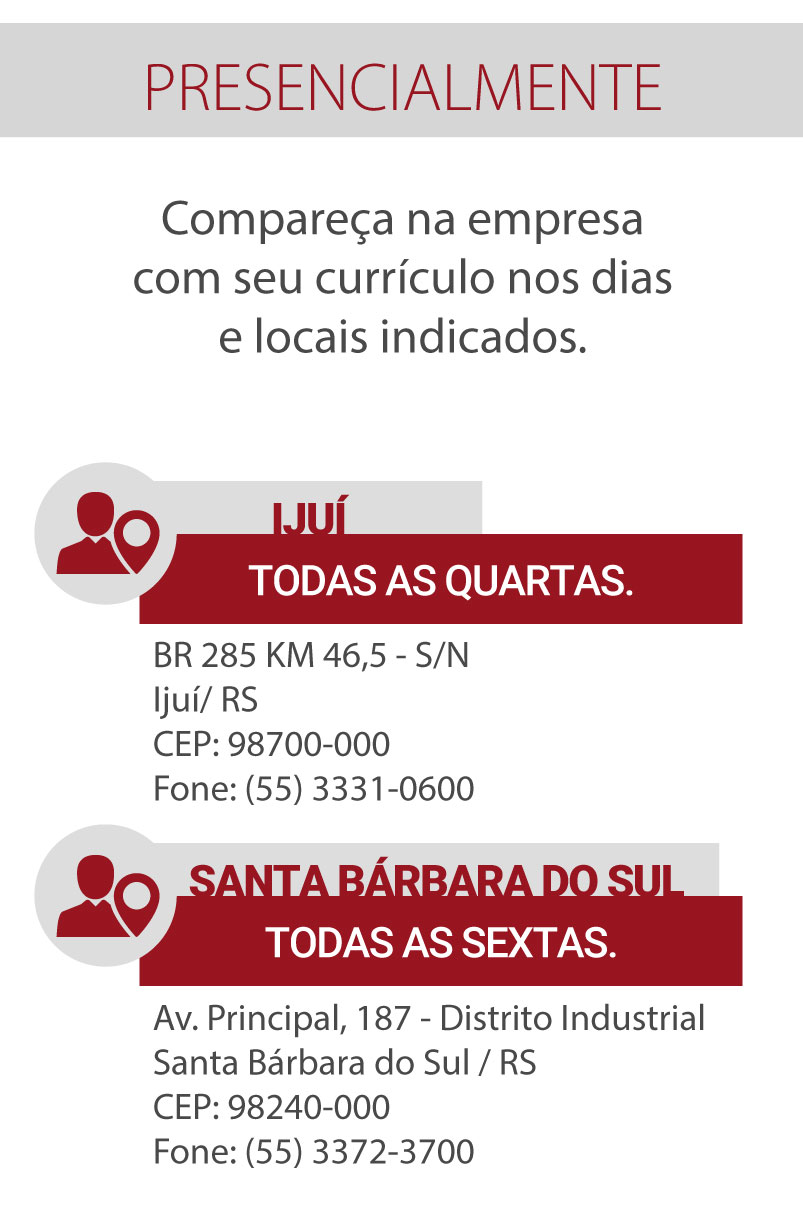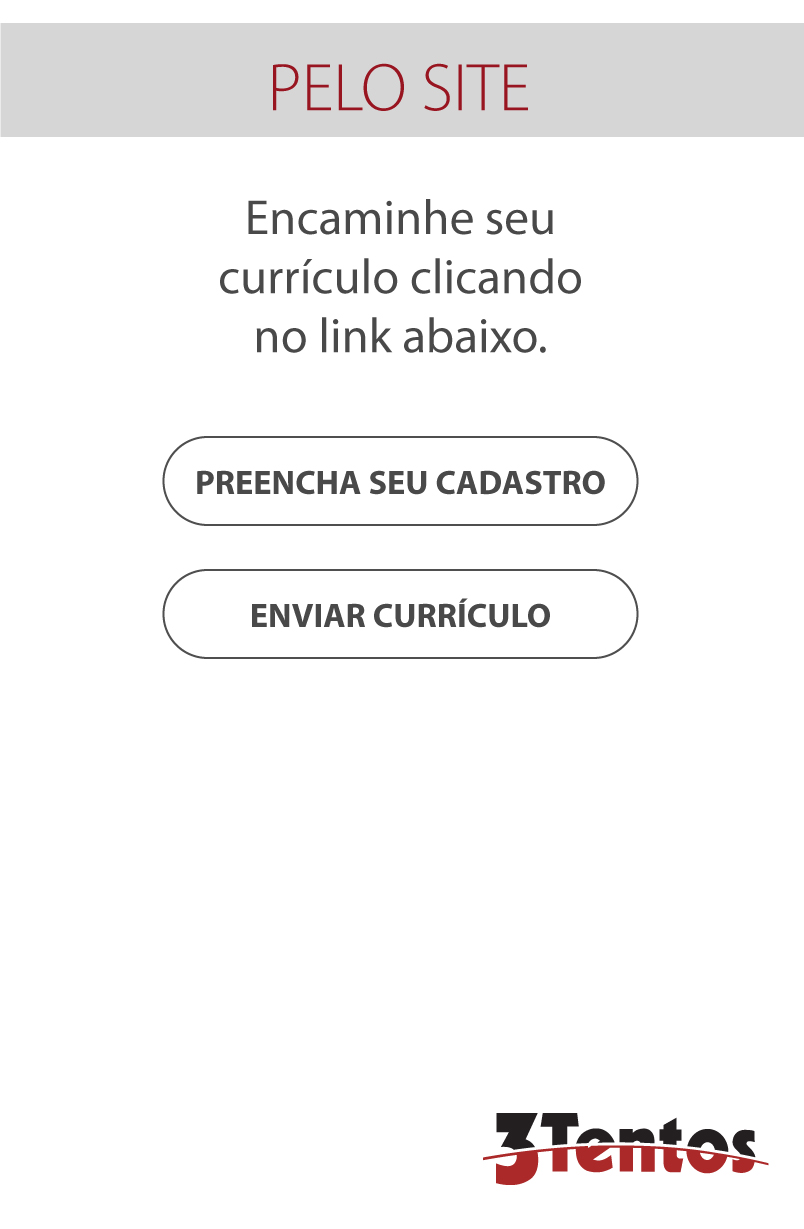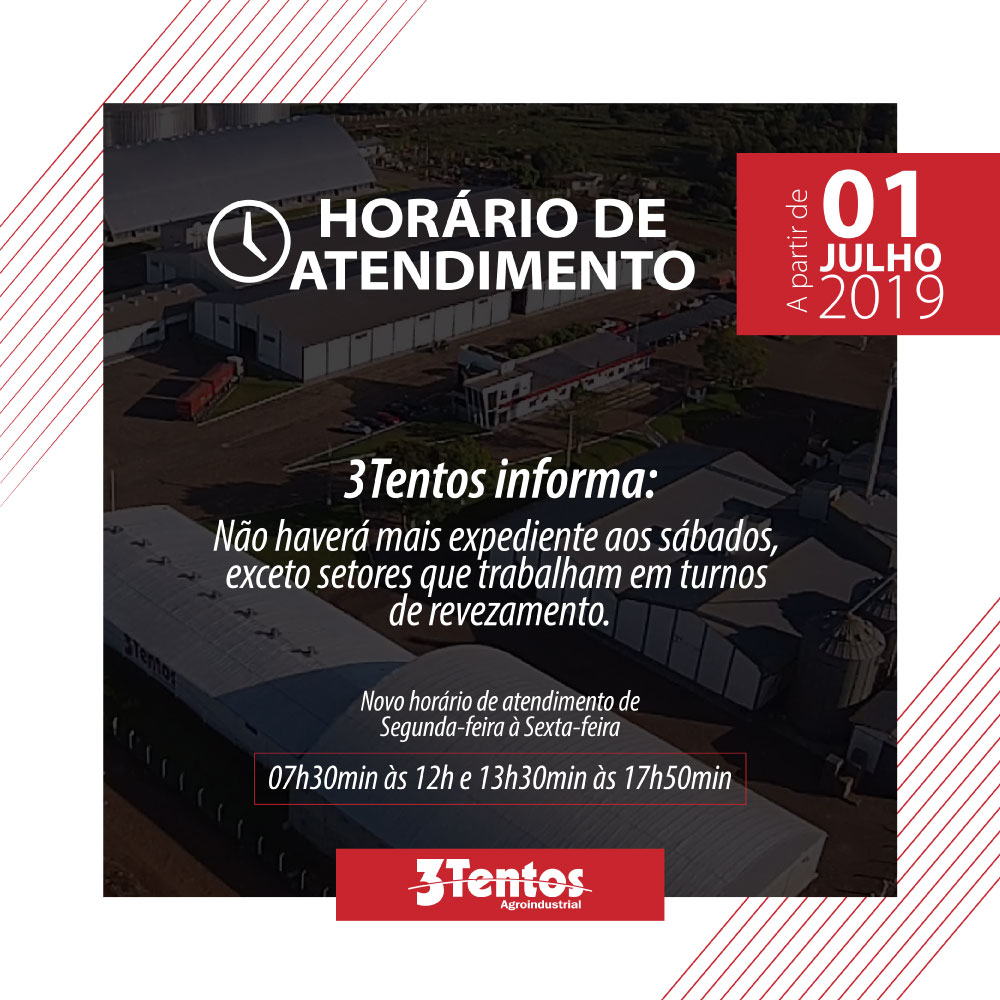The Carbon Seal Program, carried out by 3tentos, evaluated the sustainability of the soy production systems of around 400 farms in Rio Grande do Sul and concluded that the carbon footprint is below the world average. In the 2022/23 harvest, the average was 576 kg of CO2eq/ton of grain and the average carbon sequestered in the surface layer of the soil was 48.80tC/ha (ton of carbon per hectare).
According to Willian Jandrey, Carbon specialist at 3tentos, the results are comparable to the pilot carried out in 2022 with 40 producers, and show more efficient agriculture than that practiced in other regions of the country and the world. In Brazil, the carbon footprint in soybean production ranges from 783 to 2731 kg of CO2eq/ton of grains, while in other countries these values can exceed 5000 kg of CO2eq/ton of grains.
“Producers in Rio Grande do Sul already adopt sustainable cultivation practices such as direct planting, crop rotation and soil cover, with field management and technical consultancy provided by 3tentos, consultancy directed by the Company's Research area based on technical foundations and technology tested in research fields. All of this leads to an increase in productivity and thus a reduction in the carbon footprint of the soybeans produced, which is demonstrated in the certificate given to rural producers”, explained Jandrey.
For the CEO of 3tentos, Luiz Ozório Dumoncel, the farmer has the knowledge that he conducts his production in a sustainable way and also knows the positive impact that his activity has on the environment and society, but he often does not have data to demonstrate it. “The producer is aware of his responsibility, but often has no way of measuring the issue of sustainability. The Carbon Seal project aims to transmit this knowledge, offering a complete analysis of its activity”, he commented.
According to Marcia Bisol Pagliarini, Sustainability Manager at 3tentos, the Carbon Seal is very aligned with the Company's Sustainability strategy, which is committed to measuring its inventory of greenhouse gases and also throughout the chain, increasingly encouraging adoption of practices that reduce the carbon footprint in the agricultural system of productive areas. “In addition to adding new information on production systems, another direction is the implementation of technology in the program to gradually increase the number of producers in the next editions of the program”, informed Bisol.
The next editions are already underway, with the collection of data from the 23/24 harvest and the beginning of monitoring the 24/25 harvest. All crops will be monitored in the next harvests, in order to create a grain certification methodology, ensuring thus, sustainability in the use of inputs to buyers.
“In most cases, by improving productivity, the farmer also improves the carbon index, a very important point for adding a new market to his financial profitability in the future. Furthermore, the certificate brings a feeling of pride in having a sustainable property and a seal of approval for buyers”, explained Jandrey.
Methodology
The Carbon Seal had a pilot launched in 2022, carried out with 21 farms in the Pampa biome and 19 farms in the Atlantic Forest biome, covering a total area of 40 thousand hectares.
The transformation of inputs used by farmers into kilograms of carbon and consequently the measurement of the soybean carbon footprint followed scientific guidelines known nationally and internationally, such as the GHG Protocol, IPCC and Renovabio.
The Northern region of RS obtained the best results, due to factors such as climate and soil. The Missões Region was the most affected due to droughts during the period. “In stable regions, with the same investment, we had the same good results as the pilot”, commented the consultant.
Rural Producer's View
Owner of a farm in Santa Margarida do Sul, growing soybeans, rice and wheat, Piero Ilha Degrandi pays special attention to sustainability in his production system, since graduating in Agronomy and going to work on the family property in 2016.
Today, the farm uses 100% biological inputs in the sowing furrow and an increasing proportion of bioinsecticides in soybean and rice plantings. It also uses techniques that favor sustainability, such as direct planting, soil management and cover crops.
As a result, the property obtained a carbon footprint of 377 kg of CO2eq/t of soy produced and an agro-socio-environmental index of 7.07, one of the best results of this stage.
Participating in the program for the first time, Piero said he was surprised by the size of the forest area.
“I knew we had a lot of forest, but I had no idea how big the area was. I found the initiative very interesting and will help us a lot to maintain and even improve the sustainability of the property”, concluded the farmer.
Visit 3tentos.com.br/carbono and find out more!
Selecione a fonte desejada




